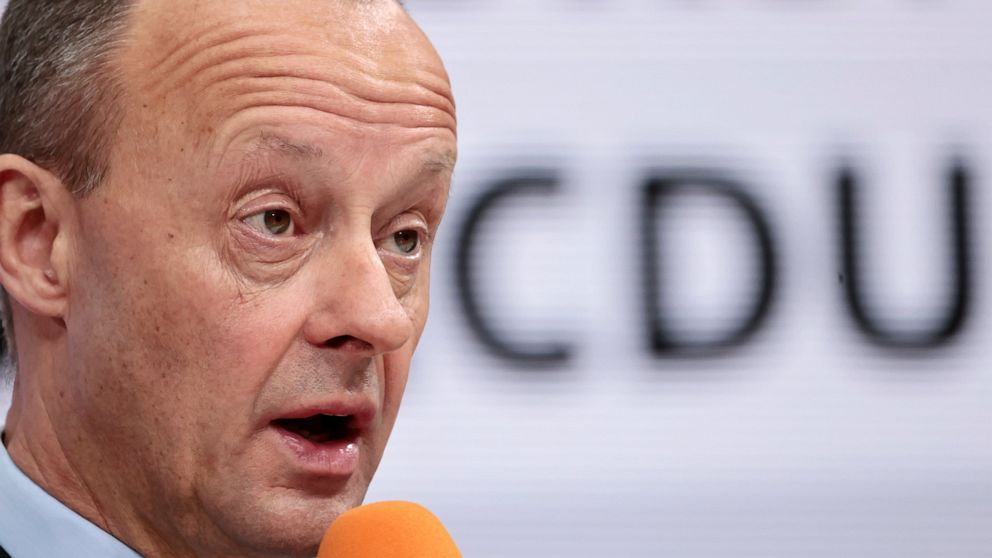Scholz’s center-left party secures big win in German state
German Chancellor Olaf Scholz’s center-left Social Democrats have secured a big election win in a western state that their conservative rivals have led since 1999
BERLIN — German Chancellor Olaf Scholz’s center-left Social Democrats secured a big election win Sunday in a western state that their conservative rivals have led since 1999, in the first test at the ballot box since Scholz’s national government took office in December.
The result means that Social Democrat Anke Rehlinger will become the new governor of Saarland, a region on the French border that is one of Germany’s smallest states, with nearly 1 million people.
It’s not clear that Rehlinger’s success had much to do with an eventful first 100 days for Scholz’s three-party national coalition, during which Russia’s war in Ukraine prompted the chancellor to upend German defense policy and Germany to welcome large numbers of refugees. The country also is grappling with a persistent wave of coronavirus infections, recently seeing over 200,000 new cases on many days.
All the same, it was the first of three state elections within two months — all in regions currently led by governors from the center-right Christian Democratic Union party of former Chancellor Angela Merkel — that will help set the political tone for the coming year.
The most important vote, on May 15, is in Germany’s most populous state, North Rhine-Westphalia.
Saarland has been run for the past decade by a coalition of the CDU, now the main opposition party at national level, and the Social Democrats. Pre-election polls showed voters preferring Rehlinger, the state’s deputy governor and economy minister since 2014 and a deputy national leader of her party, to CDU incumbent Tobias Hans.
“This is the result of hard work over recent years,” Rehlinger told supporters. “We have won back people’s confidence.”
Final results showed the Social Democrats winning 43.5% of the vote and the CDU capturing 28.5% support. The Social Democrats took 29 seats in the 51-seat state legislature, an absolute majority — something that has become rare in German politics.
Five years ago, the CDU took 40.7% of the vote in Saarland and Rehlinger won only 29.6% for the Social Democrats.
The CDU’s national general secretary, Mario Czaja, called Sunday’s outcome “a painful result.” New CDU leader Friedrich Merz had tried to downplay the election even before the votes were counted, saying last week that “we have always been good in Saarland when the left was divided, and that is over now.”
A collapse in support for the opposition Left Party helped Rehlinger. The hard-left party was long a significant player in Saarland, but it lost its seats there on Sunday.
Co-founder Oskar Lafontaine, a one-time Social Democrat who was Saarland’s governor in the 1980s and 1990s, recently quit the Left Party amid persistent infighting. That came after the party only narrowly avoided being ejected from the German parliament in September’s national election.
Scholz’s two partners in the national government, the environmentalist Greens and the pro-business Free Democrats, both failed by a whisker to win the 5% support needed to re-enter the legislature in Saarland. Neither party is traditionally strong in the region.
![]()


